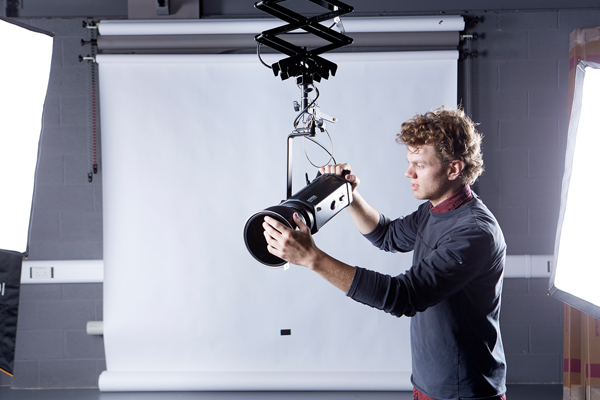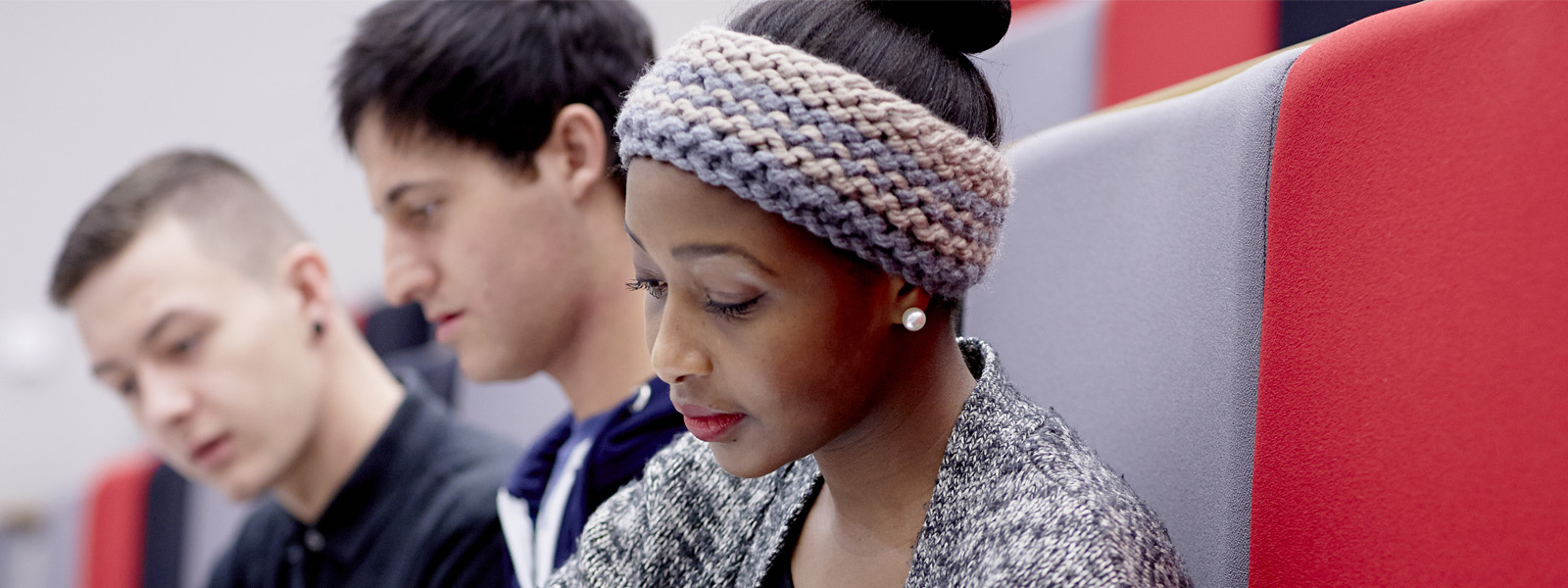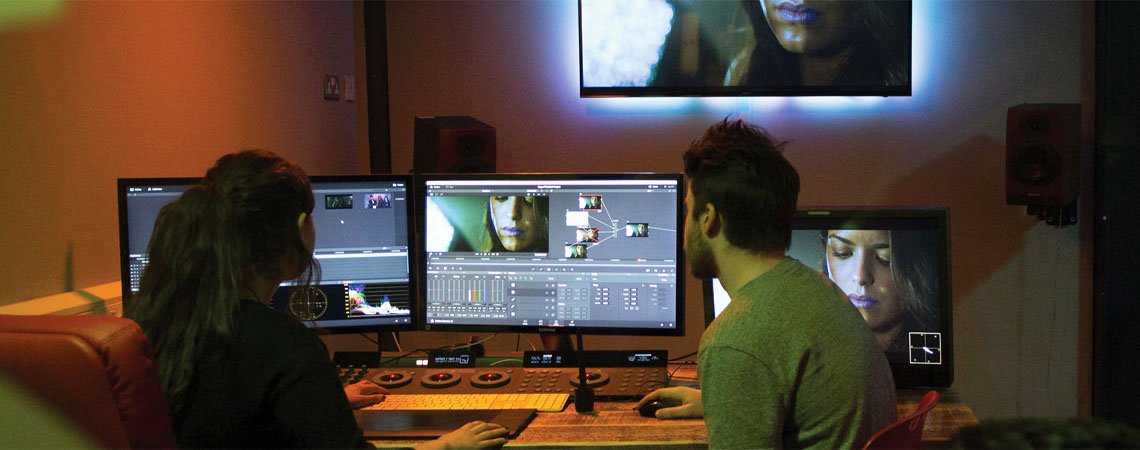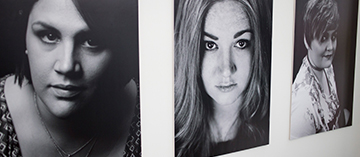A research proposal will only be considered if there are academics in the subject with an interest in your field. Please study the staff profiles closely to make sure there is at least one member of staff whose interests intersect broadly with your own.
The research proposal should be 1,000–2,000 words in length.
- Clearly define the topic you are interested in and demonstrate understanding of your research area.
- Include two or three research questions that you will explore in your research.
- Outline the range of research methodologies you will use to undertake the research.
- Include a provisional bibliography of primary and secondary sources.
- You might include a brief literature review of the key works that relate to your topic, particularly if this helps to exemplify the point below.
- Explain clearly how your research contributes to existing scholarship in the area; what gaps will it fill? How will it further knowledge of the area?
- Sketch out a provisional plan of work that includes research/archival visits and a timetable for the writing of chapters.
- Make sure the proposal is well presented with sections and subheadings and is free of errors.


.jpg)






